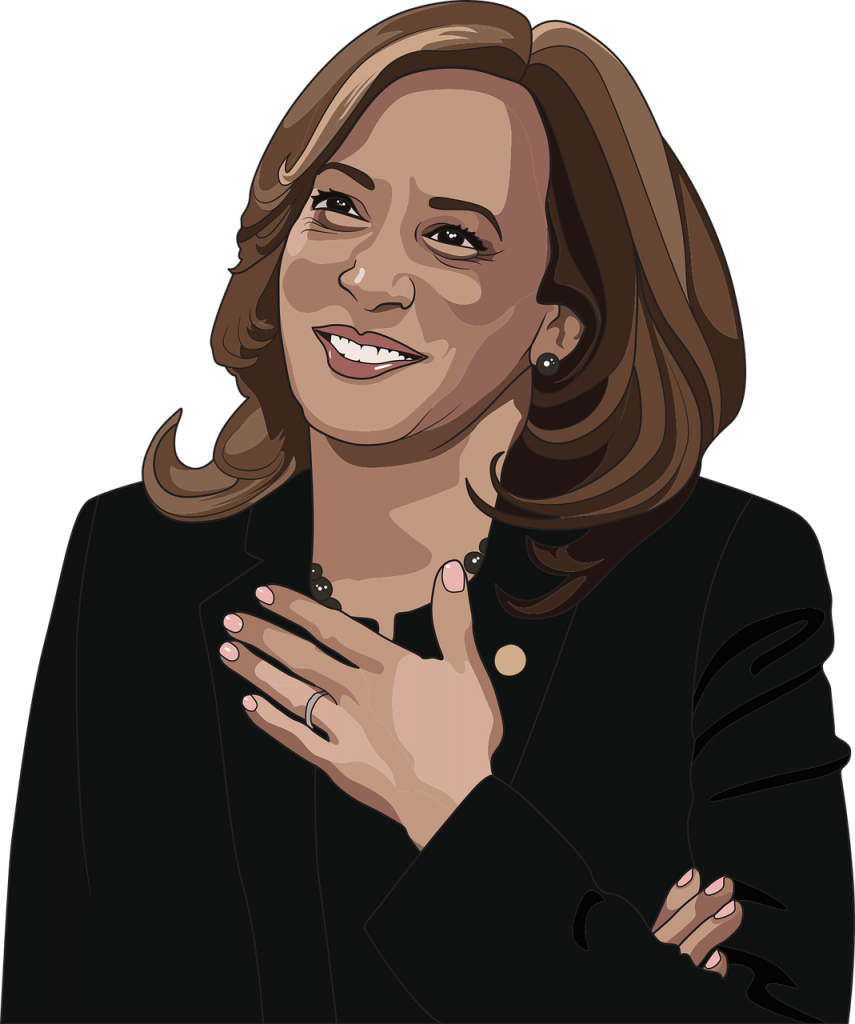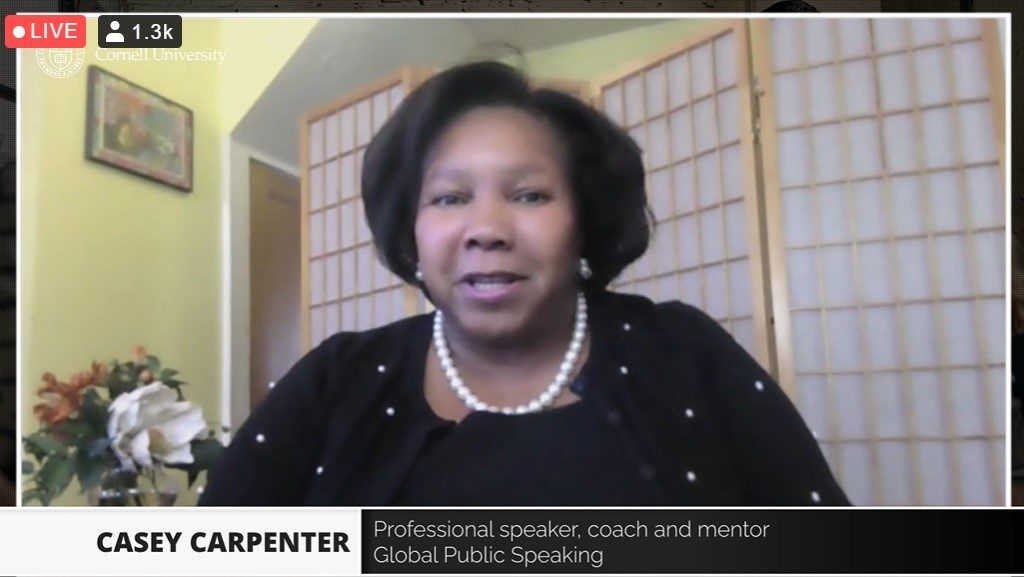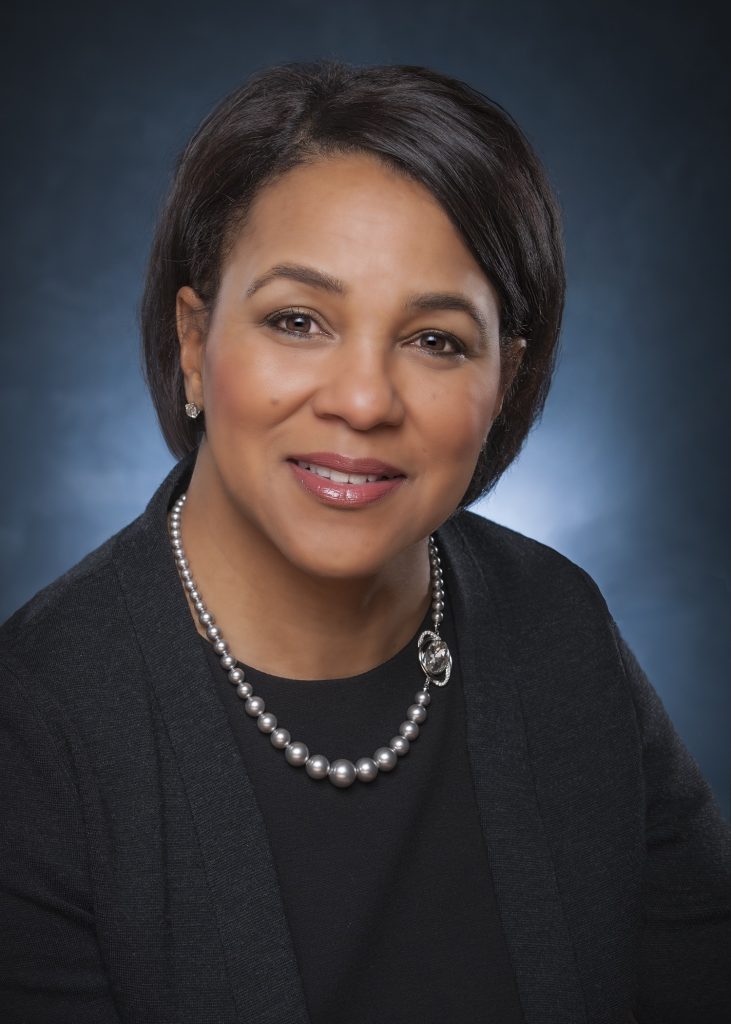
This recent piece in Entrepreneur entitled “How to Accelerate Your Success as a Female Founder” shares that there are basically two steps to starting a business: doing something to get the ball rolling, and then saying, “I’m doing this.” The article states that many female entrepreneurs struggle with the second part and provides ideas on how to get unstuck and feel more comfortable with self promotion.









